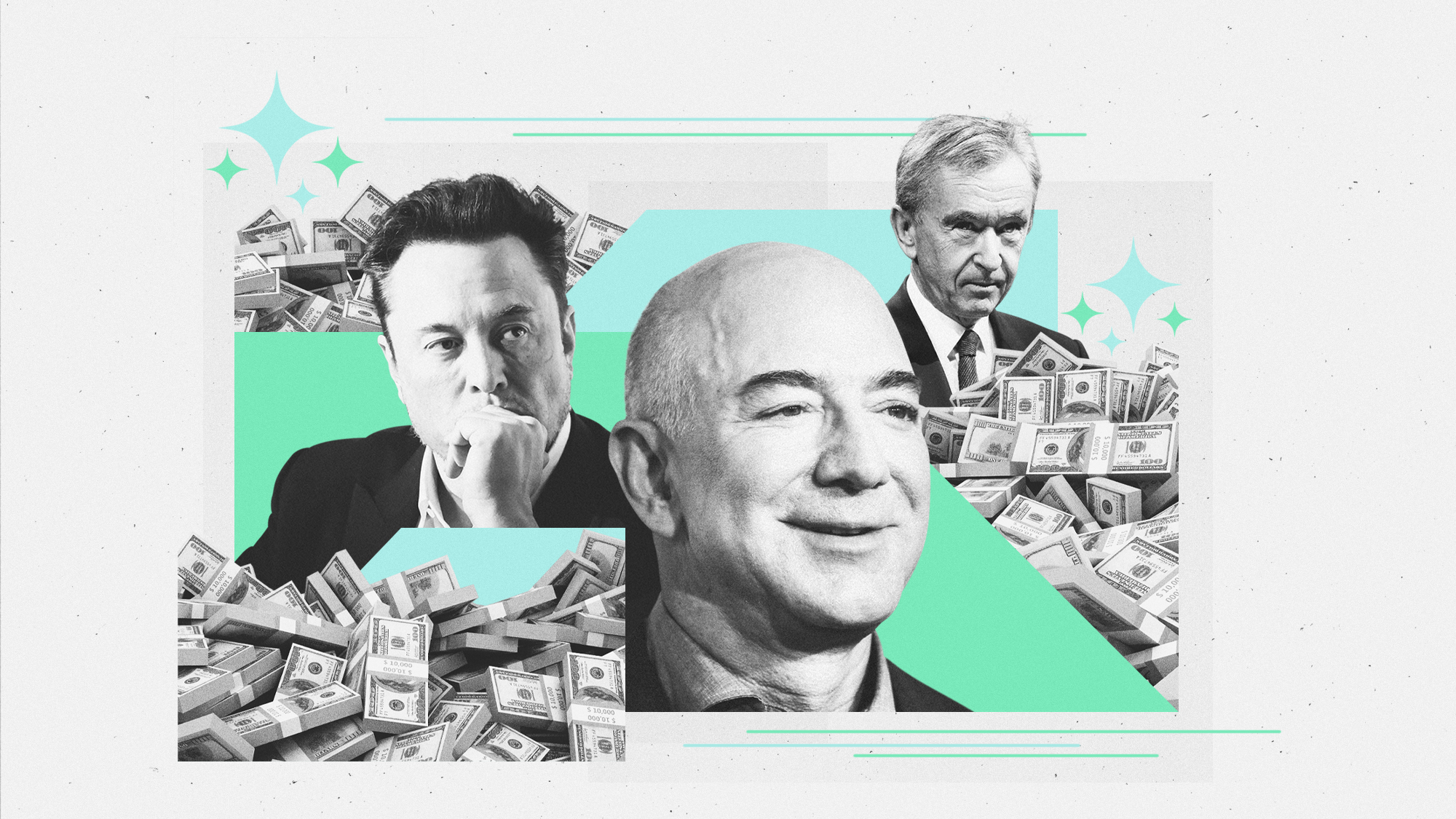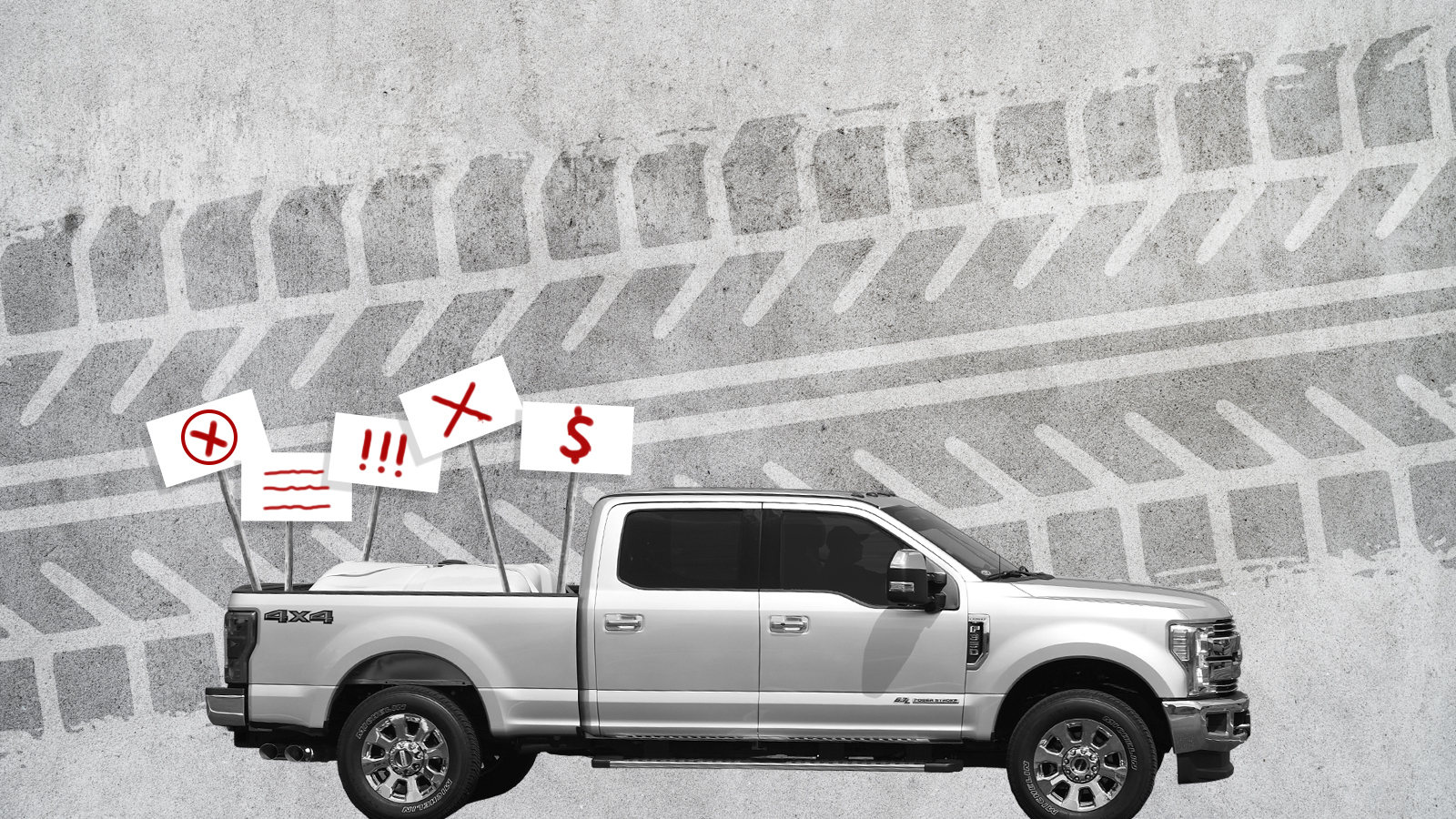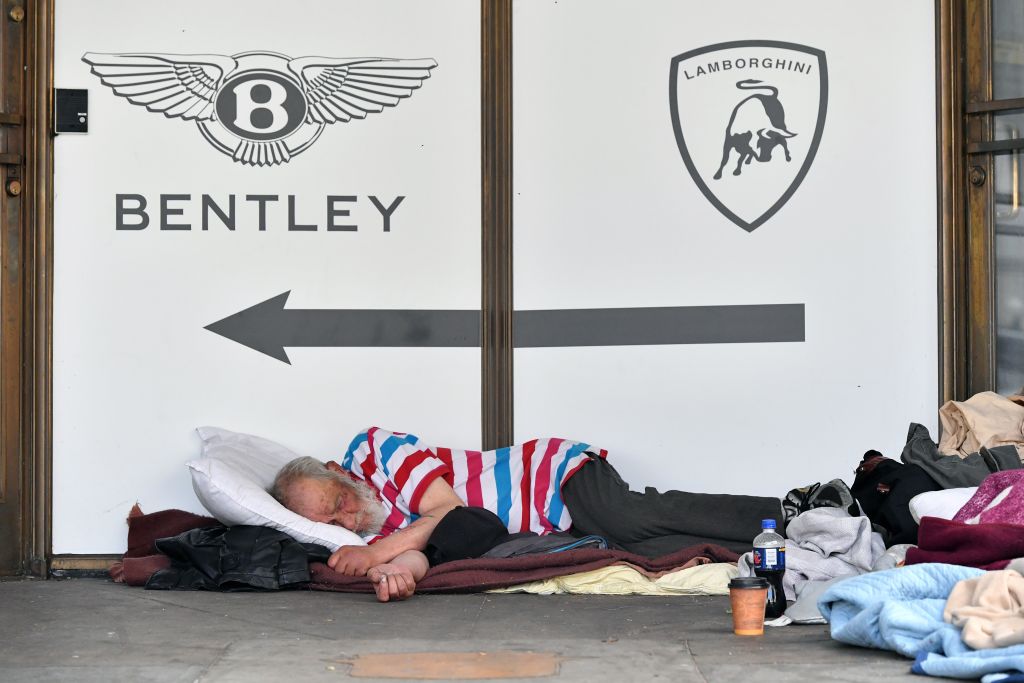What is 'bare minimum Monday'?
The new trend encourages employees to prioritize their well-being over productivity at the start of the week


A free daily email with the biggest news stories of the day – and the best features from TheWeek.com
You are now subscribed
Your newsletter sign-up was successful
A new workplace trend dubbed "bare minimum Monday" is gaining traction on social media. Here's everything you need to know:
What is 'bare minimum Monday'?
Much like "quiet quitting," "bare minimum Monday" encourages employees to ease into their work week by doing just enough to get by. Rather than stress over post-weekend productivity, subscribers are encouraged to first prioritize self-care and mental health before delving into their tasks for the day.
"I would wake up on Monday, really burned out, really unproductive," Marisa Jo Mayes, the 29-year-old self-employed TikToker who popularized the phrase, told The New York Post. "And because I was so unhappy with how unproductive I was being, I would make myself out a long list of things to do."
The Week
Escape your echo chamber. Get the facts behind the news, plus analysis from multiple perspectives.

Sign up for The Week's Free Newsletters
From our morning news briefing to a weekly Good News Newsletter, get the best of The Week delivered directly to your inbox.
From our morning news briefing to a weekly Good News Newsletter, get the best of The Week delivered directly to your inbox.
Now, on Mondays, "I don't take meetings and take it slow for the first two hours," Mayes told Insider. "I'll do some reading, some journaling, maybe some stuff around the house. It's two hours of no technology — no checking email — just doing whatever I need to do to feel good starting my day." Around 10, she will focus on creative work for her brand, before breaking for lunch at 11. After that, the next two hours are solely for completing her "main work tasks."
"I'm not multitasking, I'm not distracted, I'm not on my phone. If I'm not done after that, I'll do another hour, but it's usually no more than that," she continued. "My Monday workday is shorter but because it's really focused work, I get the same amount done as my old eight-hour workdays."
In the end, "[bare minimum Monday] has completely overhauled my relationship to productivity and work and how I think about myself," Mayes said, speaking with the Post. And the trend should be seen as an "opportunity for people to start untethering themselves from hustle culture, little by little, until corporate America catches up. … The tide is turning, and I feel like employees are tired of trading their well-being to perform well at work."
Are there downsides here?
Depends on who you ask. Members of older generations tend to describe Gen Z's attitude toward work as entitled, and this trend surely won't help there. Meanwhile, other TikTok users are worried that brazen online announcements about the prioritization of self-care during the workday will encourage CEOs to — womp, womp — send everyone back to the office.
A free daily email with the biggest news stories of the day – and the best features from TheWeek.com
But of course, Mayes isn't ignorant of the criticism. "I understand Bare Minimum Monday isn't realistic for everybody," she told Insider. "I'm self-employed, I work from home, I'm not a mom. But for anyone interested in trying it, pay attention to where you're putting unnecessary pressure on yourself or setting unrealistic expectations. If you know you won't have time for something, don't put it on your list."
Why is this happening now?
"Bare Minimum Monday" represents a "convergence of pandemic-era trends," writes ABC News: "A blurring of the boundary between work and leisure amid the rise of work from home, a tight labor market that has afforded leverage to employees, and social media content creators who've found a wide audience for workplace frustration." Added Cornell Professor Brooke Duffy: "It's a perfect storm of the type of expression and dissatisfaction we're seeing put on these platforms in a very public way."
In many ways, the dawn of such viral work-less trends — "quiet quitting" and "the great resignation" among them — might very well have less to do with Gen Z's general appetite for work and more to do with their expectations of the future, which are far more moderated and less preoccupied with the American Dream than those of their elders. As Holly Thomas writes for CNN, even "the most vocal" Gen Z-ers "still probably work harder for less than their Gen X parents and boomer grandparents. And unlike millennials, who were at least motivated by the hope that it would all be worth it in the end, there's no such light on the horizon for Gen Z." With that in mind, maybe a Monday focused on yourself doesn't sound so bad after all.
The broader conversation here also suggests "we're not getting that work-life balance right," despite remote work and increased flexibility, Jill Cotton, a career trends expert at Glassdoor, told Fortune. "I think that it's less about the bare minimum Mondays having an impact on productivity and more about employees and employers working together to create the most productive workplace possible."
Indeed, Mayes continued with Insider, bare minimum Monday is "really a way to start the week prioritizing yourself as a person over yourself as an employee. It's radically changed my life, not because of the productivity, but because of that self-compassion."
Brigid Kennedy worked at The Week from 2021 to 2023 as a staff writer, junior editor and then story editor, with an interest in U.S. politics, the economy and the music industry.
-
 Local elections 2026: where are they and who is expected to win?
Local elections 2026: where are they and who is expected to win?The Explainer Labour is braced for heavy losses and U-turn on postponing some council elections hasn’t helped the party’s prospects
-
 6 of the world’s most accessible destinations
6 of the world’s most accessible destinationsThe Week Recommends Experience all of Berlin, Singapore and Sydney
-
 How the FCC’s ‘equal time’ rule works
How the FCC’s ‘equal time’ rule worksIn the Spotlight The law is at the heart of the Colbert-CBS conflict
-
 The rise of the world's first trillionaire
The rise of the world's first trillionairein depth When will it happen, and who will it be?
-
 The surge in child labor
The surge in child laborThe Explainer A growing number of companies in the U.S. are illegally hiring children — and putting them to work in dangerous jobs.
-
 Your new car may be a 'privacy nightmare on wheels'
Your new car may be a 'privacy nightmare on wheels'Speed Read New cars come with helpful bells and whistles, but also cameras, microphones and sensors that are reporting on everything you do
-
 Empty office buildings are blank slates to improve cities
Empty office buildings are blank slates to improve citiesSpeed Read The pandemic kept people home and now city buildings are vacant
-
 Why auto workers are on the brink of striking
Why auto workers are on the brink of strikingSpeed Read As the industry transitions to EVs, union workers ask for a pay raise and a shorter workweek
-
 American wealth disparity by the numbers
American wealth disparity by the numbersThe Explainer The gap between rich and poor continues to widen in the United States
-
 Cheap cars get run off the road
Cheap cars get run off the roadSpeed Read Why automakers are shedding small cars for SUVs, and what that means for buyers
-
 Vietnamese EV maker VinFast wows with staggering Nasdaq debut
Vietnamese EV maker VinFast wows with staggering Nasdaq debutSpeed Read Can the company keep up the pace, or is it running out of gas?
